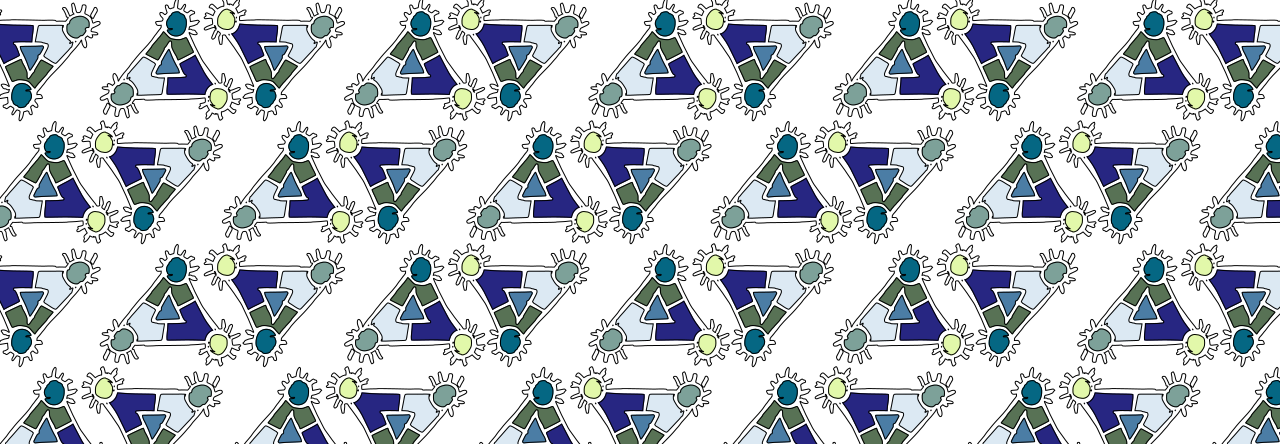I’ve been enamored with free software since Windows Vista decided to disappear what I called my “trial run” Wubi install of Ubuntu. By the end of this “trial” I preferred GNU/Linux so strongly that I had forgotten there was another operating system (OS) installed on the computer.
But then there was a problem. I couldn’t boot into GNU/Linux anymore. Vista was working fine but my preferred OS was missing. I would later discover that my first real issue with GNU/Linux was created by Windows. While this situation did not give me joy at the time, it was extremely fortuitous.
The problem of a “missing” OS prompted my first visit to a support forum. I solved my own issue with helpful guidance from others. A total stranger thanked me or my efforts because they were experiencing the same issue and benefited from the solution I had discovered and shared.
I switched firmly to GNU/Linux that day.
Computing is now an activity I truly enjoy, benefit from greatly, and intend to utilize for the greater good. GNU/Linux is like a rabbit hole of lagniappes; the fringe benefits keep coming. This chain of positives is in addition to the software itself. I now know and care more intensely about computers, technology, sharing, IP law, programming, ethics, teaching, and more.
GNU/Linux changed me. It changed me for the better. There is just one problem: I don’t feel like I’ve changed GNU/Linux. I don’t feel like I’ve given back enough.1
I’ve been working to figure out what I can do to help GNU/Linux. Here are some things I’ve done for a while now:
- Introduce people to GNU/Linux
- Teach people about the value of the four essential freedoms
- Help people become users of GNU/Linux
- Donate to projects (e.g. Gimp)
In a post about UX redesign, Máirín Duffy created a graphic depicting the chasm between use and contribution. What a striking image.

CC-BY-SA 2014 Máirín Duffy.
I was left with one burning question: how do I make the jump?
While I continue actively contributing in the ways listed above, I recently came across a very different opportunity to make the leap:
It is time to open the submission phase for Fedora 21 Supplemental Wallpapers… The deadline until you can submit your artwork is the August 16 2014 at 23:59 UTC.
minor commitment: Create and submit a supplemental wallpaper for Fedora 21.
In some ways I believe that this image-based contribution will be significantly less valuable than the educational, philosophical, and monetary contributions I am currently making. It’s not that I don’t think art is important2, it is more that I don’t believe I will clearly see the impact of the contribution so as to correctly assess its value.
When I talk about the necessity of the four freedoms, specific people go away thinking differently. When I help people install GNU/Linux, I am able to see them begin to redefine their relationship with computing. When I donate to projects, I do so with the knowledge that my financial contribution is supporting those who support users. When I submit a wallpaper, I… just don’t know. I can’t imagine what the impact may be and I may never know.
That’s why I’m making the jump. That uncertainty is, for me, a leap of faith. Let’s see if I end up on the other side.




